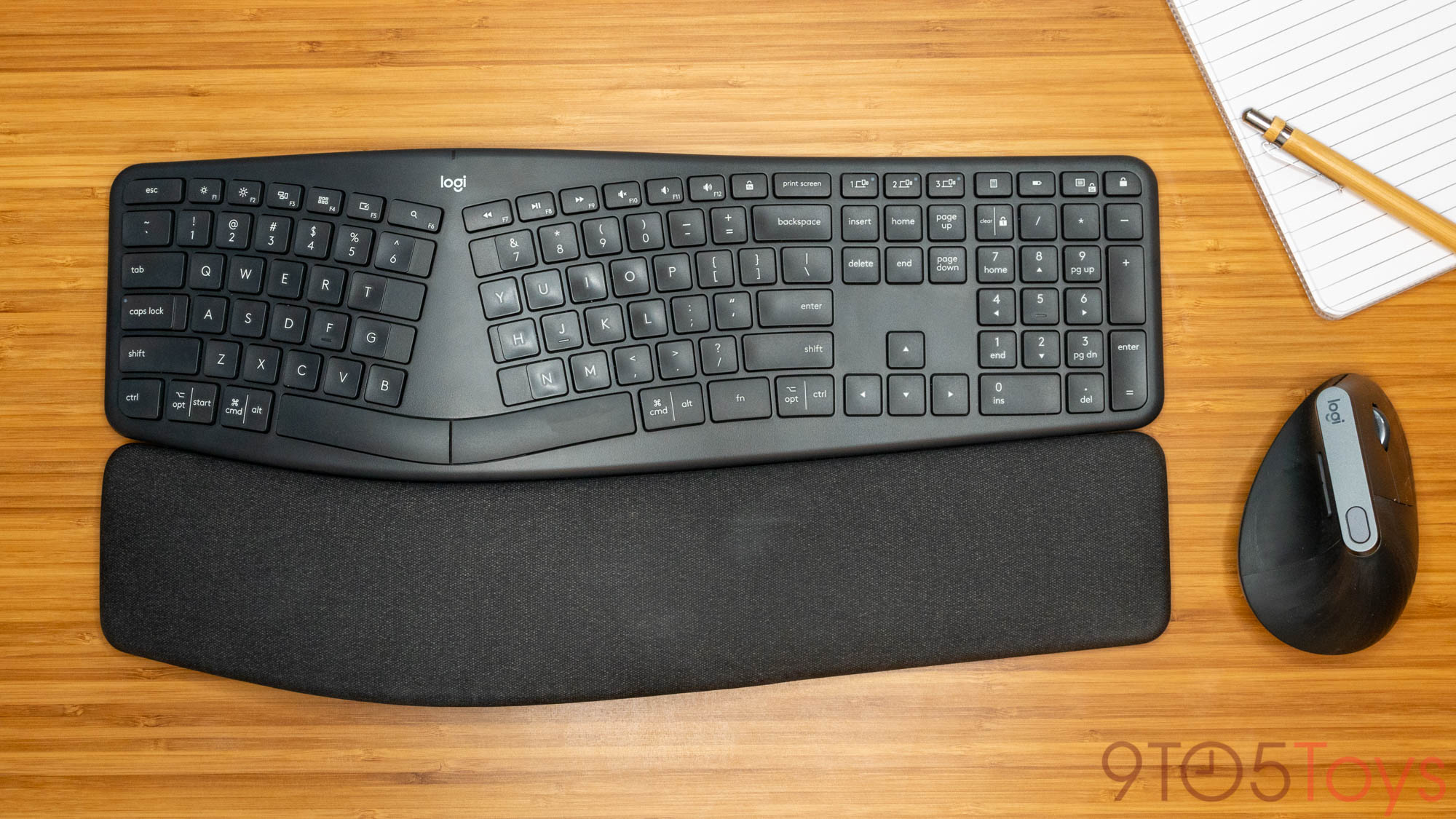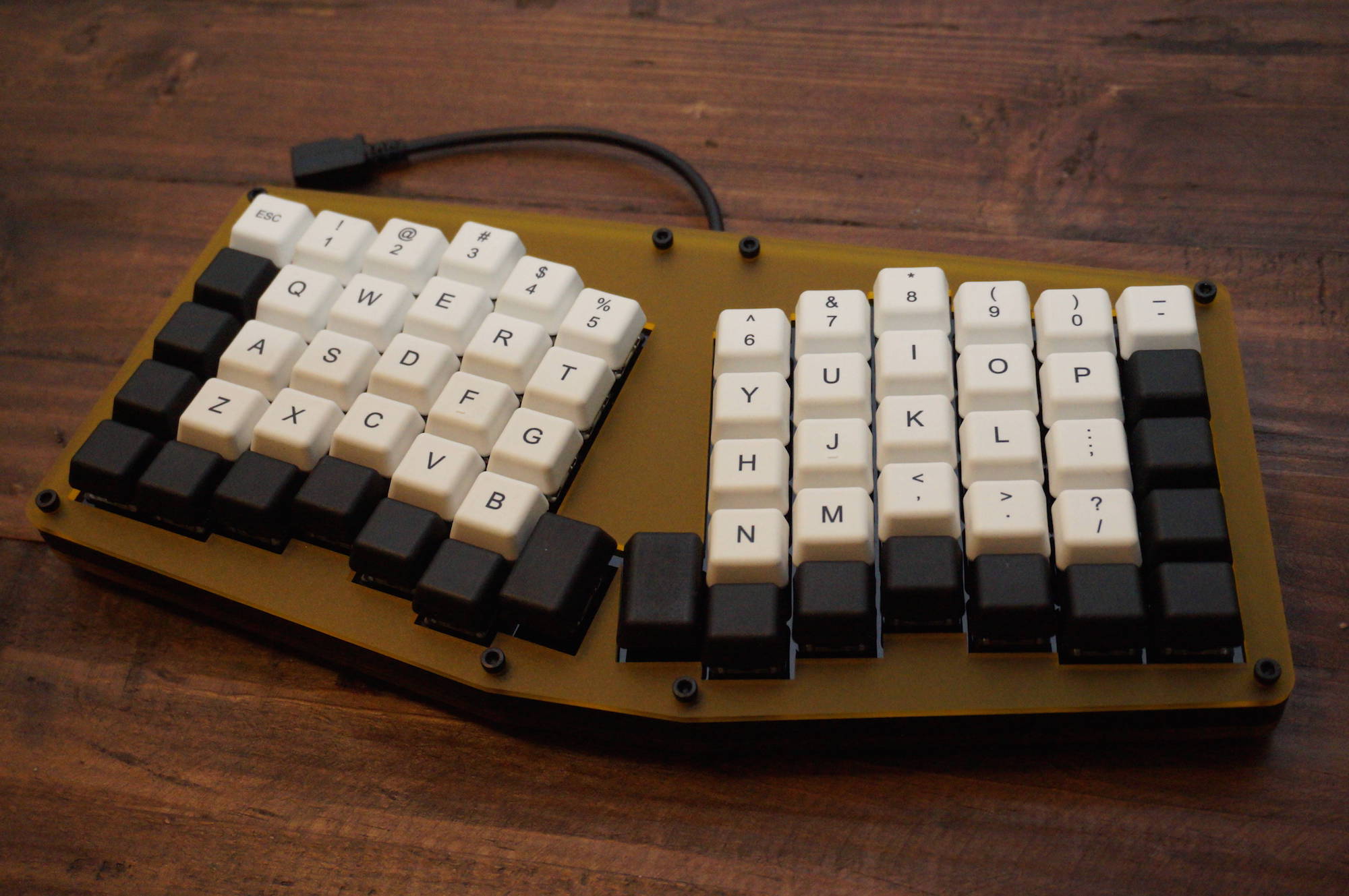
Kinesis has been making mechanical ergonomic keyboards since 1992. Mechanical keyboards have been mainstays in the high-performance gaming market for decades but have only recently become a priority for professionals, both at home and in the office. Mechanical keyboards are considered to be the cream-of-the-crop when it comes to typing feel, precision, and durability. Short key travel can result in excessive fingertip impact & finger fatigue.Scissor-switch keyboards typically have a shorter key “travel” than membrane keyboards. When you depress a key, two opposing cross-arms that comprise the “scissor” mechanism compress the rubber dome and bring two conductive plates in contact to register the key press. If you’ve typed on a late model Macbook with “chiclet keys”, then you’ve used scissor switches.

Scissor switches are most commonly used in laptops because of their super-low profile. While membrane keyboards are often regarded with some disdain from mechanical keyboard purists, Kinesis invested significant resources to develop a membrane switch for our popular Freestyle2 split keyboard that approximated the feel of the Cherry MX Brown stem mechanical switch, which is known for its low activation force and tactile feedback.

They use a rubber membrane that runs underneath the entire keyboard. The vast majority of home, office, and gaming keyboards can be characterized as “membrane keyboards”. Which one is right for you depends on your typing preferences and budget. Each style of switch has its pros and cons. In the world of keyboards, there are three major types of switches: membrane, scissor, and mechanical. If you’re new to the world of mechanical keyboards this guide will explain the different types of keyboard switches and help you choose the right mechanical switch.


 0 kommentar(er)
0 kommentar(er)
